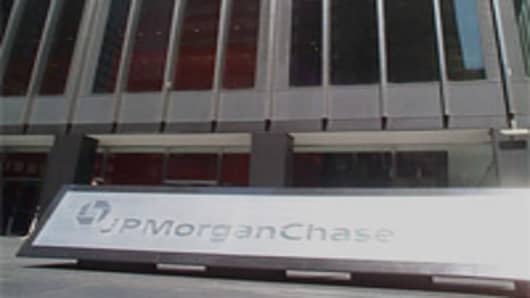Leave it to Wall Street to remind us all how vulnerable our economy remains, and how important it is that we implement financial reform as soon as possible.
Yesterday, JPMorgan Chase reported mammoth losses—over $2 billion—a significant amount of which appear to be related to failed speculative bets on credit default swaps . While that won't trigger a repeat of 2008, it certainly highlights what we already know, painfully well: reckless speculation and poor risk management by large, interconnected financial institutions can spark financial calamities.
These circumstances take on a fantasy-world quality in that many of us continue to believe the bankers are so scary smart about our markets and economy. What it really demonstrates is what chumps we sometimes have become.
These guys drove the economy into the ground like a lightning bolt and still have the gall to tell Congress, the President and regulators how wrong it was to rein in Wild West style trading in unregulated markets—trading that has cost a single bank $2 billion in six weeks' time and required a bail out of $414 billion as a result of non-existent regulation in the dark over-the-counter trading world in 2008.
But perhaps this is just the kind of cold shower reminder we need.
Here we are four years after Bear Stearns, Lehman Brothers, and AIG and we're still working toward implementing the rules that Congress and the President mandated almost two years ago to protect the economy from another financial crisis. In fact, less than one third of the roughly 300 rules required by The Wall Street Reform and Consumer Protection Act (known as "Dodd-Frank") have been implemented—and that's 10 months after the statutory deadline. Yesterday's announcement by JPMorganreminds us that our financial markets are still vulnerable to the impact and contagion of these large market players.


